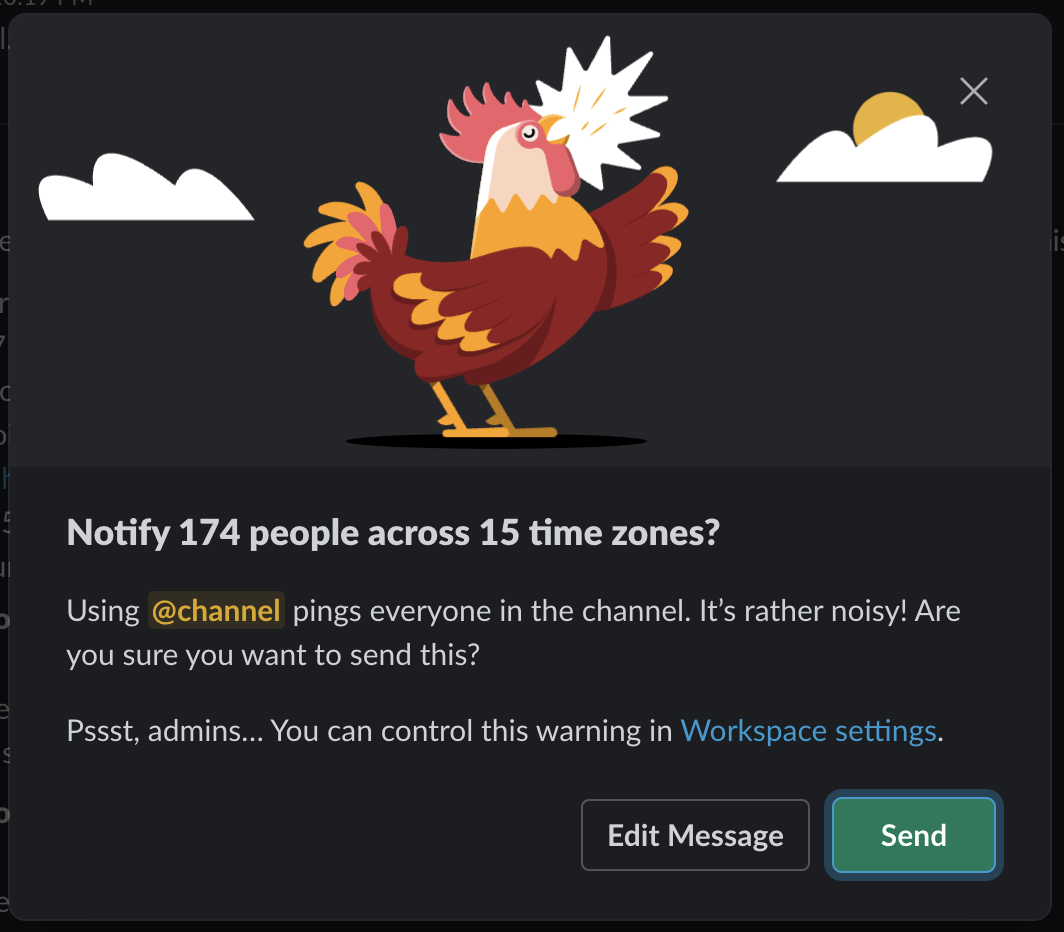The evolution of my remote teams
Hey,
I'm Sergio Pereira, and this is the Remote Work newsletter 👋
This newsletter edition is sponsored by The Sukha, the tool I use to get deep work done, as I explained here. It's a nice mix of focus music with a global remote community that co-works together. Try it at TheSukha.co/remote and come co-work with me.
Last week, I told you where did I first hear about people earning $10k/month while working from home, and how that insight inspired me to get there myself.
Today I'm retrospecting on my own evolution as a CTO of remote teams over the last decade:
• First local "work from home" teams
• Then teams in nearby timezones
• Finally teams spread around the world
In fact, the Remote Jobs Braintrust is a good heuristic for what my remote teams usually look like. We have 175 people from these 46 different countries:
🇮🇳 🇺🇸 🇷🇴 🇵🇹 🇵🇱 🇬🇧 🇧🇷 🇩🇪 🇪🇸 🇮🇹 🇦🇷 🇳🇬 🇵🇭 🇨🇦 🇳🇴 🇧🇬 🇭🇺 🇰🇪 🇲🇾 🇲🇽 🇮🇪 🇪🇬 🇮🇩 🇵🇰 🇵🇪 🇱🇹 🇲🇩 🇨🇭 🇨🇱 🇷🇼 🇵🇦 🇸🇬 🇩🇴 🇦🇲 🇸🇳 🇹🇷 🇺🇦 🇸🇪 🇬🇪 🇷🇸 🇸🇮 🇧🇦 🇲🇰 🇹🇭 🇨🇿 🇽🇰
Having such globally distributed teams does raise create some challenges, especially around communication. If I tag @channel in #general, there will be buzzing notifications ringing across 15 timezones:

That's not great for the folks who might be sleeping, or simply not working at whatever non-working-hours it is where they live.
That's the power of asynchronous communication, which I learned over the last 8 years managing remote teams. I lectured those learnings in depth at the Mastering Remote Work course, which had 500+ students since I published it 18 months ago.
It's important to focus on the learning and evolution of my processes, because it wasn't always like this. My remote work processes went through 3 major stages:
1/ Local "work from home" teams
Initially, my first remote team was in Portugal, just like myself. We'd mostly work from home, but frequently we'd meet together in the office or some local coffee shop to work in person.
I had an edge in attracting people to the team, since it was quite a new benefit in 2017-2018 to offer such a work-from-home culture.
It was nice to work from home, but we still had 2 major challenges:
• We were constantly in meetings.
• We didn't get much work done when we'd work in person.
On top of those, I still had the constraints of hiring only in my city, which was a major challenge to grow the team.
2/ Teams in nearby timezones
A natural evolution of the above was to hire people in nearby timezones. Throughout European timezones, occasionally with someone in India or Brazil.
This expanded the talent pool incredibly. Hiring became 10x easier and faster, and the team felt more like a melting pot of different people with different cultures and experiences. I love it a lot.
However, I struggled a lot from a process perspective. Being constantly in meetings with people across 3-4 timezones can already be very damaging. Often people in my team would skip launch and so on. It wasn't good on that side, and I felt the need to reduce meetings.
3/ Teams spread around the world
This is where I finally landed in recent years. The opportunity to hire the best people around the world is just too compelling and exciting. Removing the office and any other physical borders is liberating.
Making processes async-first was a major evolution that enabled this culture growth. I started investing more in documentation. Reading before asking. Writing before telling. Making the written word a first-class citizen in my teams.
Software Engineers usually frown on documentation at first. But we all long for a culture with fewer meetings, so we all must make an effort to contribute to such culture.
This adds more time for deep work, makes knowledge readily available even if your colleagues are unavailable, and creates redundancy in the team. It's such a win-win-win proposition.
Nowadays, in all Slack channels I'm a part of, and on all meetings I join, I'm usually surrounded by people from all over the world. And I love this global vibe, without leaving my home office in Portugal!
Just a couple announcements before we wrap this newsletter edition:
• Next Wednesday I'll start communicating the launch of JobsCopilot.ai, to the almost 2000 people in the waitlist. Keep an eye on your email.
• Next Tuesday at 4pm UK time, I'll host a live co-working session at TheSukha.co/remote. Join me there and get some deep work done.
Thanks for reading this newsletter until the end. You can read all past editions here. Make sure to share it with your friends and colleagues so they can read it too.
If you're interested in sponsoring this newsletter, send me an email or DM.
See you next Friday,
Sergio Pereira,
Startup CTO & Remote Work Lover


